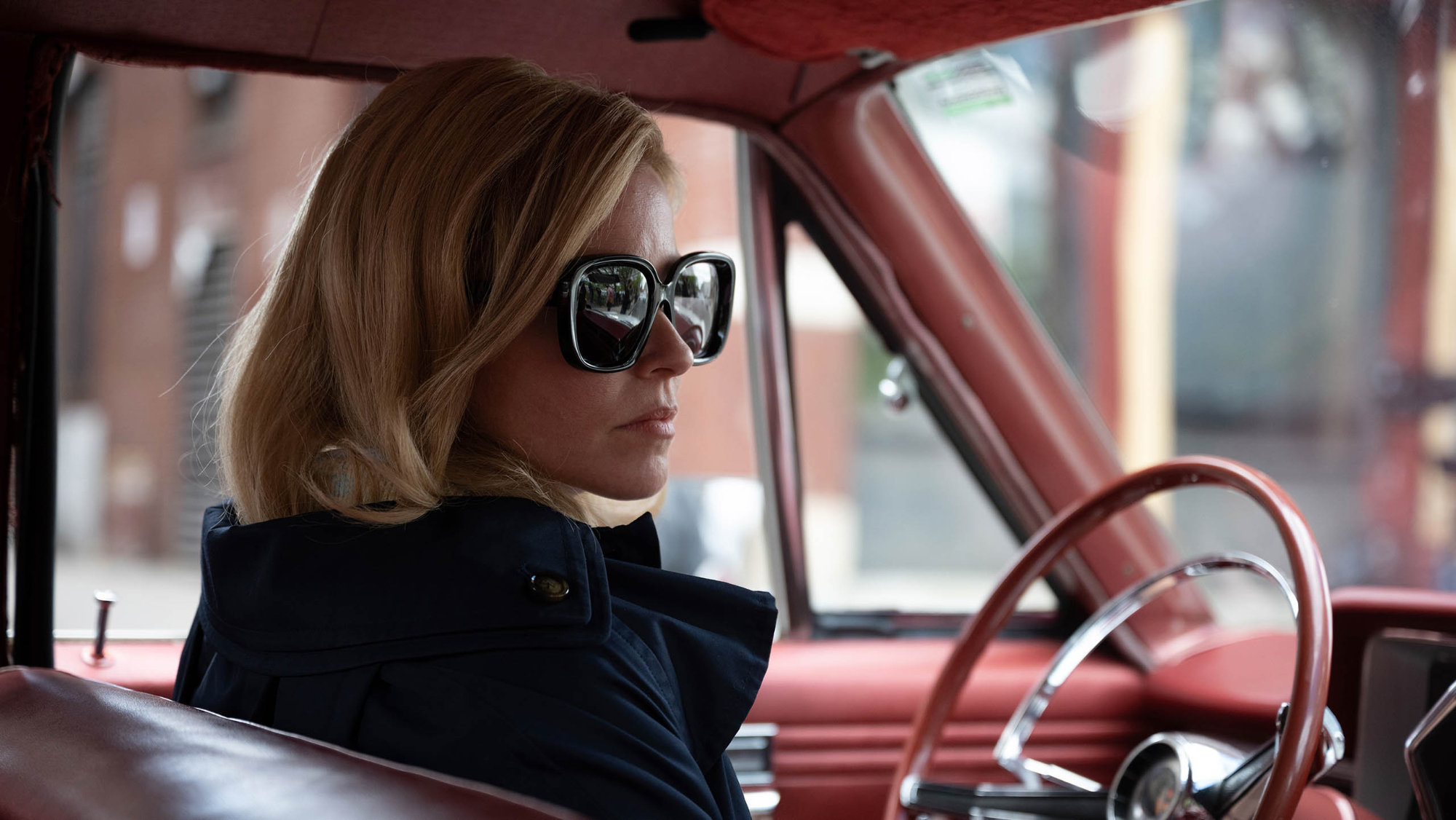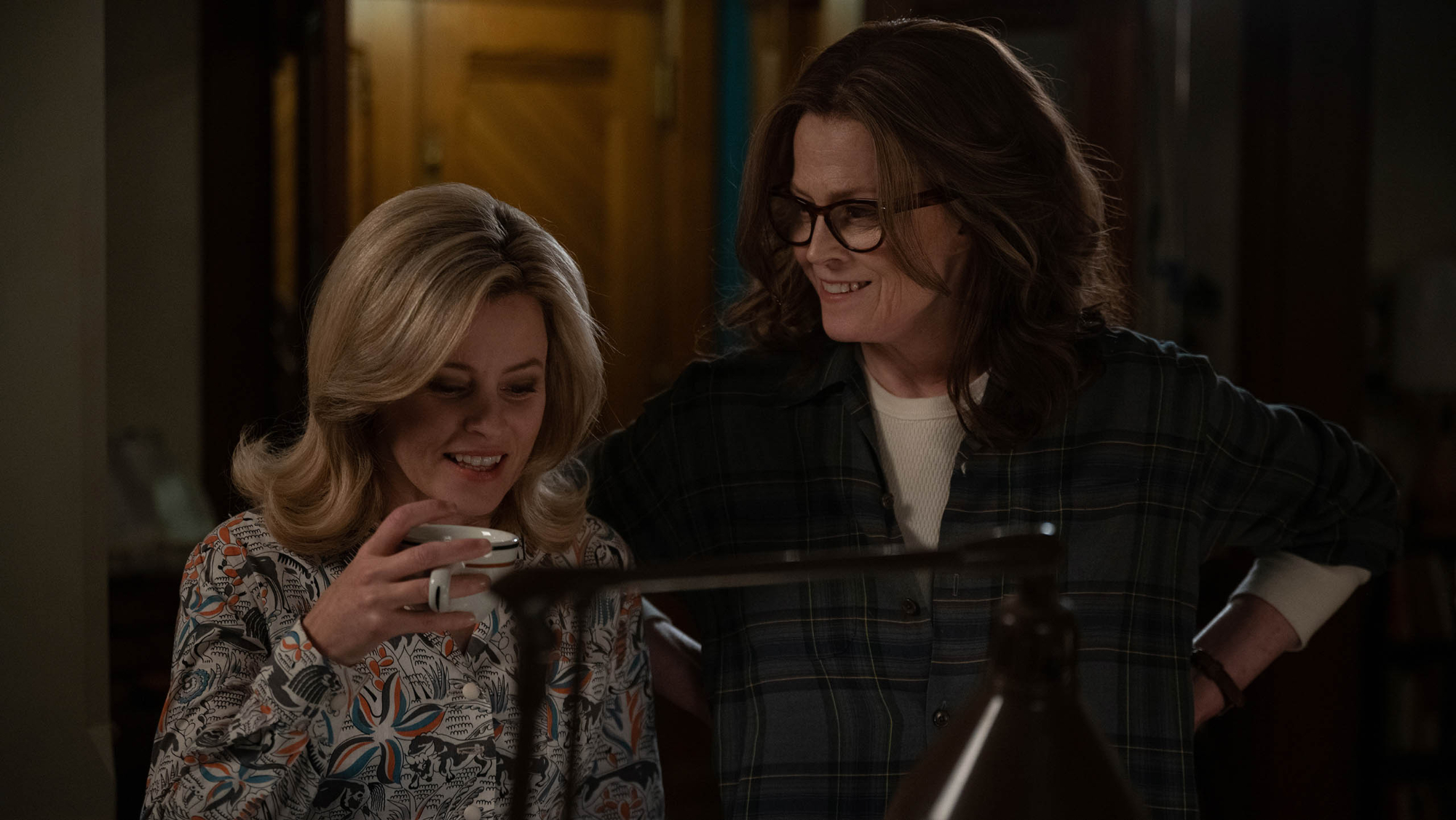‘Call Jane’ Movie Review [Sundance 2022]: Elizabeth Banks, Sigourney Weaver Abortion Activist Film Plays It Safe
Call Jane tells an important story but doesn’t take any risks along the way. Carol screenwriter Phyllis Nagy makes her directorial feature debut with a screenplay written by Hayley Schore and Roshan Sethi. Sigourney Weaver is a standout in communicating the film’s pivotal message. Call Jane has its heart in the right place, but it doesn’t make a very compelling film.
‘Call Jane’ speaks up on abortion rights

The time period is August 1968. Joy (Elizabeth Banks) is a married woman and mother. She lives in her little bubble, but she’s living the supposed American dream. Joy’s whole world is turned upside down when she discovers that she’s pregnant and there’s a substantial chance that health complications could result in her death.
The hospital won’t give permission for Joy to get a legal abortion. Desperate to fight for her life, she seeks help from a group that calls themselves “Jane.” She ultimately finds herself working right along with the movement’s founder, Virginia (Weaver). However, Joy’s family life and future as a free woman are now on the line.
Director Phyllis Nagy explores female empowerment
Call Jane weaves womanhood throughout the movie. The female characters don’t all agree politically, socially, or ethically, but they remain the focus. Schore and Sethi’s screenplay begins with men talking about women as if they aren’t in the room. Joy’s health and safety aren’t the priority, as men hold the power to decide her fate.
Joy is initially uptight and closed off in more ways than one. However, Call Jane satisfyingly exhales as she meets Virginia and the other women for the first time. It’s the first time that she feels truly heard. The deeper that she gets into this organization, the more sacrifices it requires from her family life. She progressively grows into an independent thinker and learns fundamental aspects about her own body and sexuality in the process.
Virginia answers Joy’s initial judgments with the response that Jane is about helping women, not asking questions. However, other activists in the group bring up intersectionality regarding rules that automatically discriminate against women of color. Call Jane brings up various social and political issues of the time, but they’re more of a backdrop than a focus.
‘Call Jane’ plays it by the book

Call Jane tells an important message on a topic that’s as relevant as ever. Nagy’s feature film puts women in the driver’s seat of their own narrative when they don’t have a say in their own bodies. Call Jane explores how men often drown women’s voices out of social movements. However, Schore and Sethi put female voices at the forefront.
Weaver turns in an impressive performance. She’s charismatic and breathes life into a film that otherwise feels a bit pedestrian. Nagy clearly knows how to tell a story well. While Call Jane is competently shot, it never really pops off the screen.
Call Jane plays it by the book. It tells its story in a way that’s very on-the-nose. Schore and Sethi’s screenplay hints at deeper nuances, although it never channels them in an engaging way. As a result, the characters’ journeys lack a compelling hook to keep the audience invested. Call Jane is a safe drama that holds back from going to the places that it needs to go.


